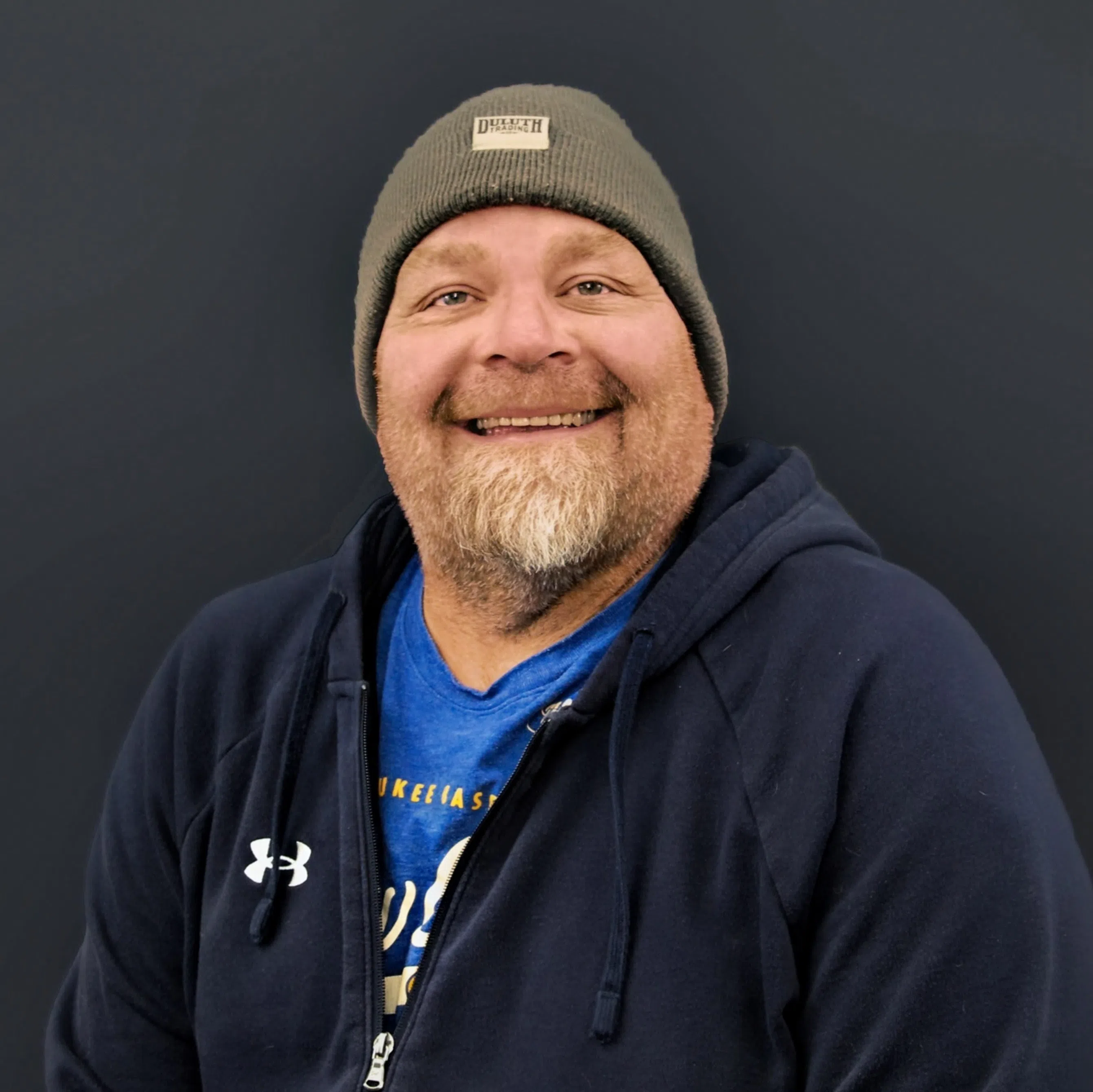The Dairy Innovation Hub held its second annual Dairy Symposium on Thursday, May 18, at the Pyle Center on the University of Wisconsin–Madison campus. More than 150 researchers, students, academic colleagues, and campus affiliates attended the day-long event.
Through poster sessions, keynote presentations, breakout discussions, and student flash talks, the Dairy Symposium highlighted examples of the Hub’s most advanced research and facilitated discussions about how this work can help meet the challenges facing today’s dairy community. Symposium is the academic-focused companion to the public-focused Dairy Summit held each November.
“The Dairy Symposium is a great way to tie together the collaboration that is going on between the three campuses,” says says Randy Romanski, Secretary of the Wisconsin Department of Agriculture, Trade and Consumer Protection. “We’re connecting and emphasizing the value of that — and that’s where the Hub shows its strength and benefit for the Wisconsin dairy industry.”
The Dairy Innovation Hub, funded through a $7.8 million per year investment by the state of Wisconsin, harnesses research and development at UW–Madison, UW–Platteville and UW– River Falls campuses to keep Wisconsin’s $45.6 billion dairy community at the global forefront in producing nutritious dairy foods in an economically, environmentally, and socially sustainable manner. Since its launch in 2019, the Hub has funded more than 150 projects and 17 faculty positions across the three campuses.
The symposium kicked off with welcome comments from Troy Runge, College of Agricultural and Life Sciences (CALS) Associate Dean for Research and a member of the inaugural Dairy Innovation Hub steering committee, UW-System president Jay Rothman, and a recorded message from CALS dean Glenda Gillaspy. Runge then introduced the morning keynote speaker, Alison Van Eenennaam.
Eenennaam is a professor and extension specialist in the Department of Animal Science at University of California, Davis. Her research program focuses on the use of animal genomics and biotechnology in livestock. Attendees learned about Eenennaam’s research as well as breeding programs, genome editing, and the importance of effective science communication.
“Alison presented great science and innovations that are answering some of the challenges that we face in dairy, which is a key mission of the Hub,” says Heather White, faculty director for the Dairy Innovation Hub. “Instead of ending with the science, she went on to discuss how important it is that we translate that science out to our communities. Each of us has a responsibility to accomplish that with our own work.”
After the morning keynote, the first breakout sessions began. Attendees had the choice of listening to presentations that fall under the priority area enriching human health and nutrition or the priority area stewarding land and water resources. During these breakout sessions, researchers and graduate students presented on topics ranging from soil health to antimicrobials found in cheese to precision manure application.
“The breakout session on land and water stewardship was super helpful to see what actions are already being taken in that field,” says Joseph Andrews, an assistant professor in the College of Engineering at UW–Madison. Andrews’ research focuses on electrochemical sensing to monitor soil conditions — the Dairy Symposium presented an opportunity for him to learn about innovative technologies and network with potential research collaborators.
Attendees got a break in the form of lunch before the afternoon breakout sessions in the priority area of ensuring animal health and welfare and growing farm business and communities. Like the previous sessions, researchers and graduate students had the opportunity to share their latest research — this time, attendees listened to presentations on topics from dairy production costs to bovine mastitis and rumen microbiomes.
The second keynote speaker, João Dórea, was introduced by Heather White following the afternoon breakout sessions. Dórea is an assistant professor of precision agriculture and data analytics in the Department of Animal and Dairy Sciences at UW–Madison. He discussed his work in artificial intelligence and machine learning and how these technologies can be applied to challenges facing the dairy community.
“The value with the Hub and the research that is being produced is that we can look at it and apply it to what our farms are going to look like in the future,” says Dave Daniels, chair of the Dairy Innovation Hub advisory council and owner of Mighty Grand Dairy, as he reflected on the day’s talks. “Some of the things that we heard today will be possible in the future, but there are a lot of things that we can take back to our farm and implement today.”
The symposium concluded with a networking, poster viewing, and flash talks. Almost forty posters detailing research projects were available throughout the day. Benjamin Iesalnieks is a second-year master’s student in the Department of Food Science at UW–Madison, and funded by the Hub, had a poster on his collaborative research with the Center for Dairy Research. “Today is a chance to display what we’ve been working on for the past two years,” said Iesalnieks.
New to the symposium is a student flash talk competition, where six Hub researchers had the opportunity to present their work in a short, rapid-fire format. Attendees voted for their favorite flash talk presenter, who received a $1000 travel voucher to a professional conference of their choice. The winner of the inaugural Dairy Symposium flash talk competition was graduate student Ana Moreira. Moreira, who is mentored by Hub-funded faculty member Hilario Mantovani, presented their research on antibiotic-free mastitis treatment.
Video recordings of the Dairy Symposium keynote presentations and breakout sessions are posted on the Dairy Innovation Hub’s YouTube channel.





